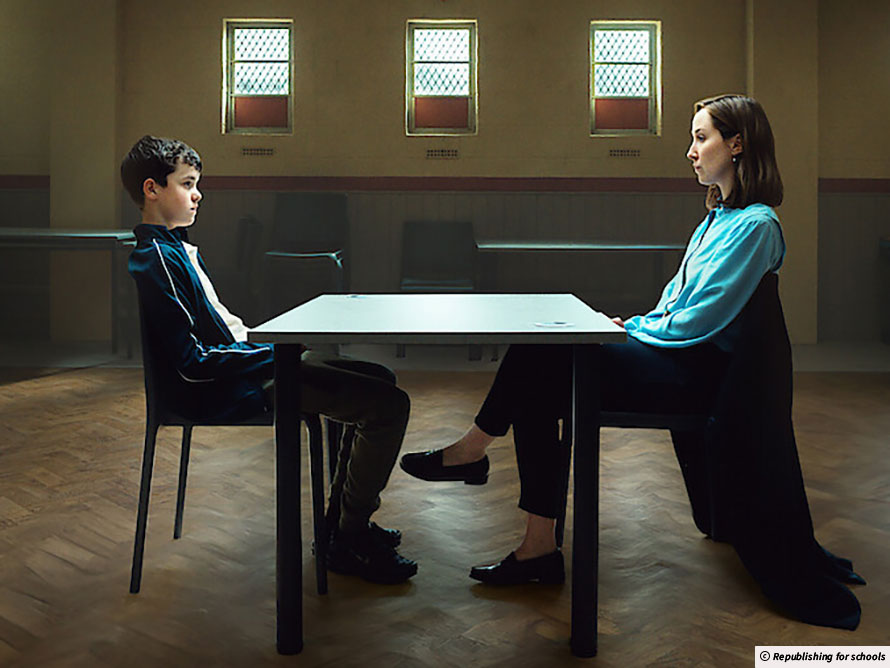Is this because it simply shows the truth? A new Netflix original show about how a young boy becomes radicalised by online influencers has become an unlikely hit, raking in record views across the globe. But what is behind its success?
Adolescence makes TV ratings history
 Intense: The third episode of 'Adolescence' takes place in a youth detention facility, where psychologist Briony (right), played by Erin Doherty, has a revealing and emotional exchange with Jamie (left), played by Owen Cooper.
Intense: The third episode of 'Adolescence' takes place in a youth detention facility, where psychologist Briony (right), played by Erin Doherty, has a revealing and emotional exchange with Jamie (left), played by Owen Cooper. Glossary
Indoctrinated - Taught to accept a set of beliefs without questioning them.
Misogynistic - Strong and deeply ingrained prejudice against women.
Impactful - Having a major impact.
